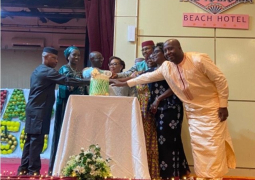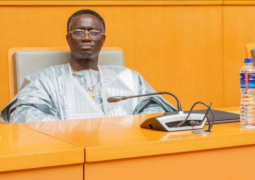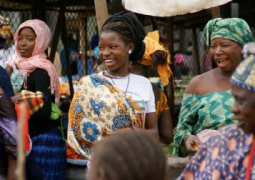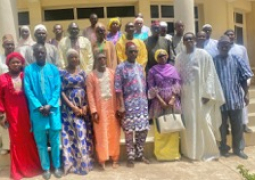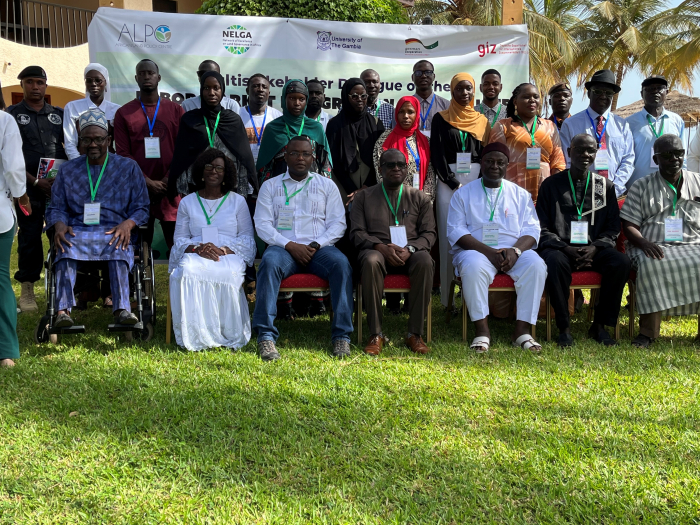
The two-day forum brought together key stakeholders including academia, policymakers, employers and international development partners to reflect on findings from a recent study on graduate employability in the country’s land sector.
The dialogue seeks to bridge the existing gaps between the growing number of land governance graduates and the limited employment opportunities in the sector.
NELGA, a partnership of over 70 African universities and research institutions, has been at the forefront in building academic capacity in land governance across the continent. Despite these efforts, a paradox persists while institutional and professional capacity in the land sector remains limited with many young graduates still struggling to find relevant employment.
As part of the broader GIZ-African Union program dubbed- “Strengthening Advisory Capacities for Land Governance in Africa,” the event is one of several regional dialogues designed to align graduate skills with sector needs.
The objectives of this dialogue for stakeholders is to assess the employment situation for land governance graduates in The Gambia, explore employer skill requirements, and identify mismatches between training and practice.
During the dialogue, participants are expected to map out actionable steps to increase employment in the land sector, such as developing internship schemes, updating academic programs to reflect market realities, and improving coordination between ministries, institutions, and private firms.
At the event, Professor Herbert Robinson, Vice Chancellor at the University of The Gambia, described the workshop as timely and crucial, reminding that youth unemployment remains a major issue in The Gambia and across Africa.
He acknowledged the sensitive nature of land issues in the country and the urgent need to build national capacity. “Land is a very delicate matter. Unless decisive action is taken, it will continue to be a challenge in The Gambia.” he stated.
He highlighted the University’s decade-long journey in training graduates in land governance, especially through the Bachelor’s in Planning and Design programme, which he said, began in 2010.
He clarified that many alumni are already serving in both public and private sectors, including regulatory agencies and architectural firms.
However, Robinson outlined that academic training alone is not enough, pointing out that there is need for inclusive training that reaches beyond university halls to village chiefs, alkalolu and traditional authorities.
“We cannot change the land sector by offering degree programs alone,” he emphasised. “We must train our traditional leaders and build capacity at all levels.”


